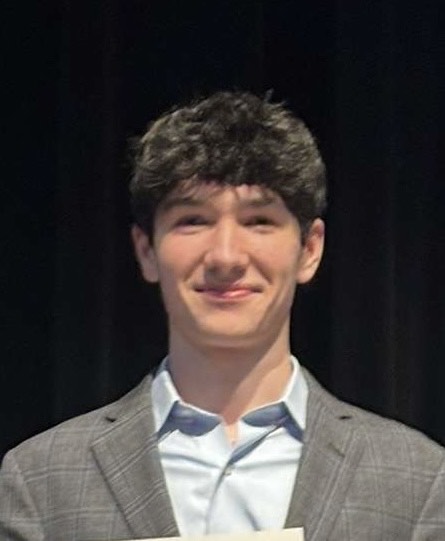🧬 Can We Reverse Aging?
- Owen Coggins

- Jul 5
- 2 min read
Updated: Sep 20
A Brief Look at a Biotech Breakthrough.
Aging is something we all experience. We see it in our grandparents, our parents, and—eventually—in ourselves. But what if I told you that scientists are working on ways to reverse aging, not just slow it down? That’s right. Thanks to recent advances in biotechnology, the idea of turning back the biological clock is no longer just science fiction.
As a high school student fascinated by biotech, I wanted to share one of the most mind-blowing studies I’ve come across—and explain it in a way that makes sense whether you’ve taken biology or not. So here’s what I found after reading a fascinating article in TIME and digging into the science behind it.
🧪 The Big Question: Can We Reboot Aging Cells?
A team of researchers led by Dr. David Sinclair at Harvard Medical School published a groundbreaking study in the journal Cell. Their mission? To explore whether aging is caused more by damage to our DNA (like scratches on a CD) or by something called epigenetic noise—a kind of glitch in the cellular software that tells our DNA what to do.
Think of it like this: your DNA is the hardware, and epigenetics is the software. Over time, the software gets corrupted. The question was: if we could reboot that software, could we make old cells act young again?
🧬 What the Scientists Did
To test their theory, the researchers created special mice that aged rapidly. These mice developed the usual signs of aging—gray fur, weak muscles, memory loss, and organ problems. Then, using gene therapy, the scientists introduced three genes: OCT4, SOX2, and KLF4, nicknamed OSK. These genes are known for their ability to “reprogram” cells, kind of like taking them back to a more youthful state. When the researchers turned on these genes in the mice, the results were shocking:
Tissues like the brain, muscles, eyes, and kidneys started functioning more like they did when the mice were young.
The cells' epigenetic instructions were reset—almost like wiping away the aging “glitches.”
Most importantly, the mice didn’t just look younger—they functioned better.
In short: the scientists didn’t just slow aging. They reversed it.
💥 Why This Matters (Even to Teenagers)
You might be thinking, “Cool, but why should I care?” Here’s why:
It changes how we think about medicine. Instead of treating aging-related diseases one by one, what if we targeted aging itself? This could revolutionize how we treat conditions like Alzheimer’s, heart disease, and muscle loss.
It opens the door to future biotech careers. If you're interested in science, tech, or medicine, this is the frontier. You could be part of the generation that cures aging-related diseases—or even aging itself.
It makes biology real and exciting. This isn’t textbook learning. It’s real-world, high-stakes science that could impact millions of lives.

🧠 Final Thoughts
This study shows that aging isn’t just about broken DNA. It's about lost instructions—and if we can restore those instructions, we can potentially restore youth. That’s the power of biotechnology.
So if you’ve never really thought about gene therapy or the science of aging, I hope this gave you a glimpse into just how wild (and hopeful) the future can be.



Comments